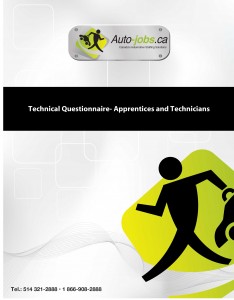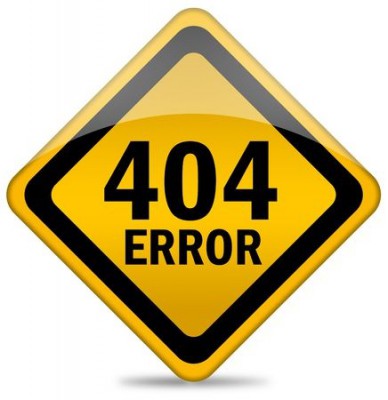Here is what should be in your Resume and in what order we should find it:

Contact Information:
The first section of your resume should include information on how the employer can contact you.
First Last Name
Street Address,
City, Province, Postal Code
Phone (Cell/Home) Email Address
Objective (very useful for the person reading your Resume)
what do you want to do? When you include this section it should be a sentence or two about your employment goals. A customized objective that describes why you are the perfect candidate for the job can help your resume stand out from the competition.
Career Highlights / Qualifications / Profile (optional)
A customized section of your resume that lists your key achievements in the automotive industry, skills, traits, and experience relevant to the position for which you are applying can serve dual purposes. It highlights your relevant experience and lets the prospective employer know that you have taken the time to create a resume that shows how you are qualified for the job.
Skills
Include skills related to the position / career field that you are applying for; i.e. computer skills, language skills.
Professional Experience
This section of your resume includes your work history. List the companies you worked for, dates of employment, the positions you held and a bulleted list of responsibilities and achievements.
Company #1 (always start with the most recent)
City, Province, Job Title
Dates Worked, Responsibilities / Achievements
Company #2
City, Province, Job Title
Dates Worked, Responsibilities / Achievements
Education
Name of College or University
City, Province
Program and obtained Degrees
(No need to put dates here. What matters is what you studied and where)
You can add that your References are available upon request, but now, this is known and obvious.
 Stephen Seckler, Legal Coach thinks so:
Stephen Seckler, Legal Coach thinks so:






 If you don’t have an accomplishment-focused resume, work on it again! In the Automotive Industry, it is important that your resume mentions more than just a laundry list of job tasks. Such documents do little to differentiate you from the competition. Instead of writing about things you did, write about the accomplishment within the task. How did you make a difference in the role? Rather than writing the tasks you accomplish in a garage, insist on the efficiency with which you excel in the performance of your duties, on the fact that you’re doing it right the first time, therefore have no come backs, etc.
If you don’t have an accomplishment-focused resume, work on it again! In the Automotive Industry, it is important that your resume mentions more than just a laundry list of job tasks. Such documents do little to differentiate you from the competition. Instead of writing about things you did, write about the accomplishment within the task. How did you make a difference in the role? Rather than writing the tasks you accomplish in a garage, insist on the efficiency with which you excel in the performance of your duties, on the fact that you’re doing it right the first time, therefore have no come backs, etc.